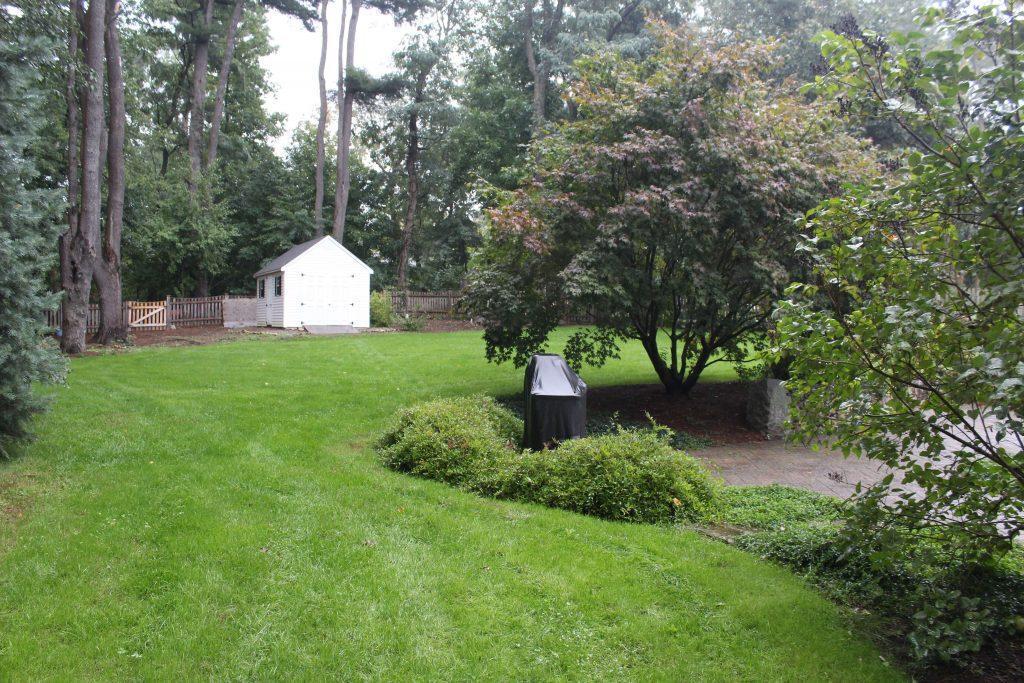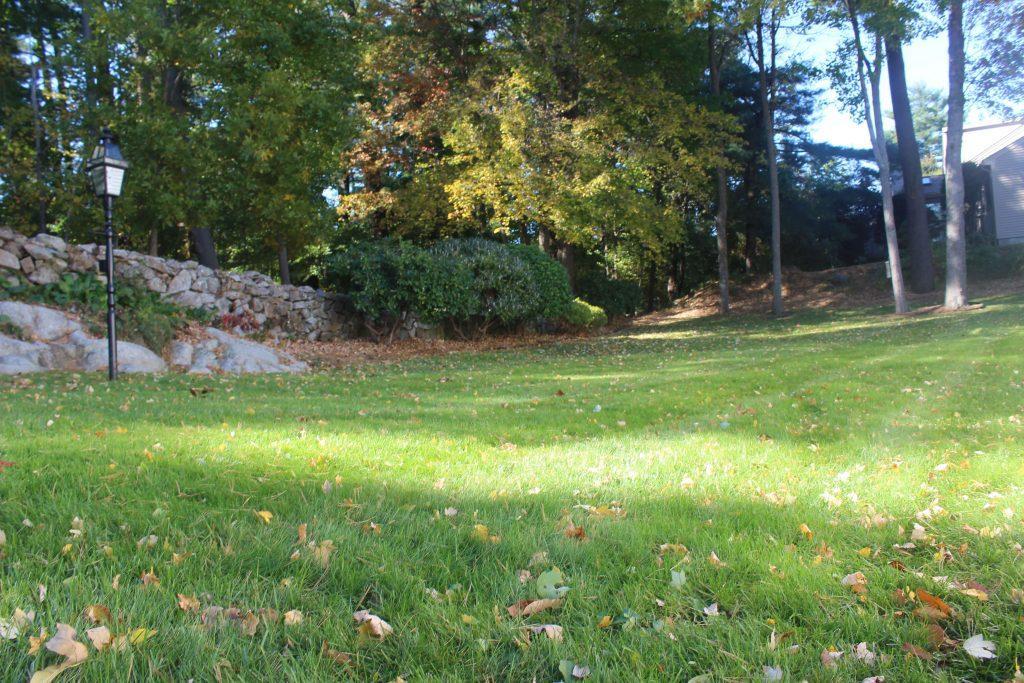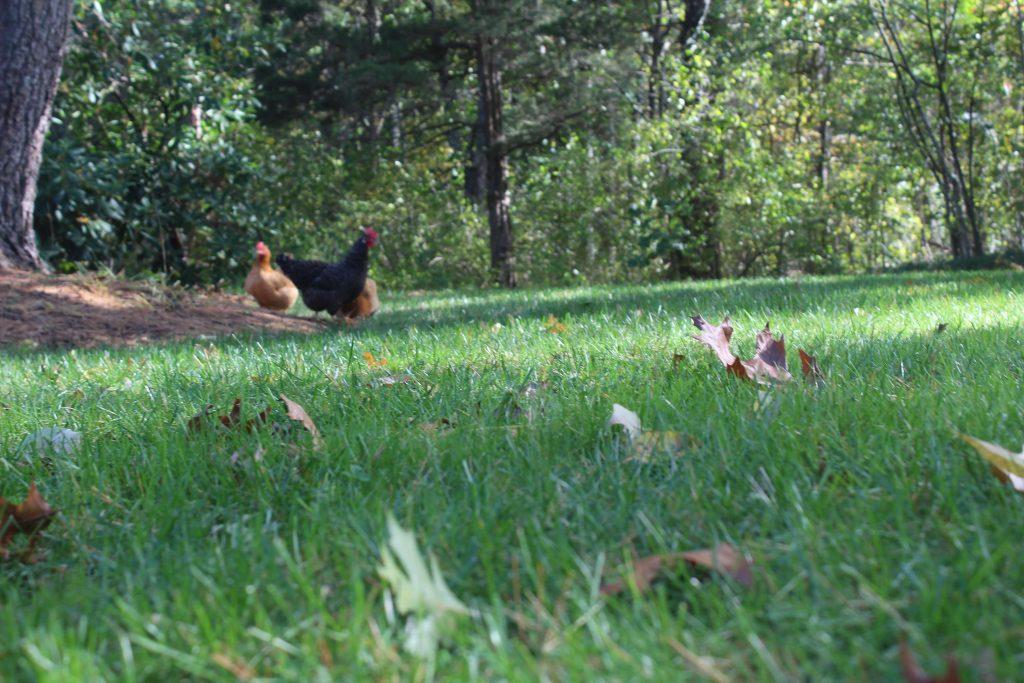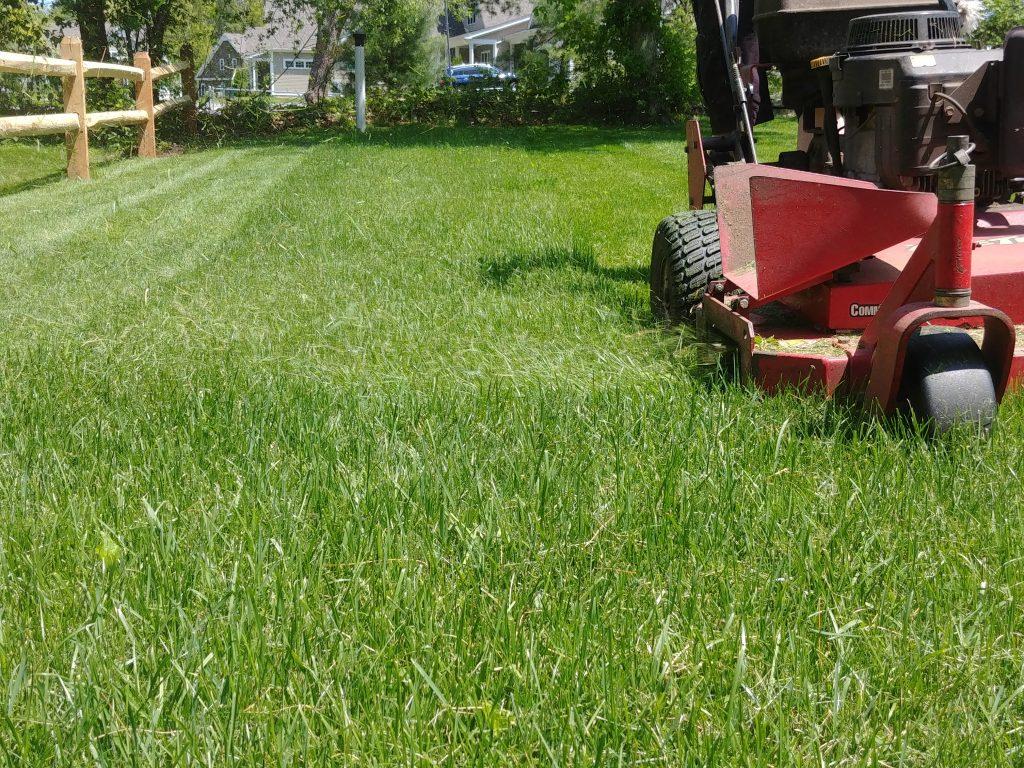The Importance of Humic Acid
Field Study_ Humic Acid: The Science of Humus and How it Benefits Soil
PJC Organic is proud to stay up to date on industry research. In addition, we provide our customers with quality organic product recommendations and programs. We carefully evaluate recent field studies. Then, look for best ways to implement and improve our current program offerings. Here, we give you our take on the scientific research behind the importance of humic acid.
This week we are reflecting on Eco Farming Daily’s Humic Acids Article. The author, Michael Martin Meléndrez covers:
- What humic acid is and how you can yield healthier soil if you understand its impact.
- Differences between humus versus organic matter. Meléndrez clarifies: “‘Humus’ is a general term that describes a group of separate but distinct humic substances. ‘Soil organic matter’ is material that is decomposing at various rates in the ground.”
- What common substances are referred to as “humus”: fulvic acid, humic acid, and humin.
- The Physics of Humic Acid: its importance and ability to transport nutrients and water to the plant. “Humus is even more critical for plant nutrient availability and uptake if there aren’t healthy mycorrhizal relationships in the soil.” (Meléndrez)
- Building humic acid levels by looking at soil chemistry, amino acids, and supplementation.
The article states: “If you really want to fix or rehabilitate a soil, increase its CEC, improve its tilth and porosity, improve water availability for conservation, and therefore make a soil a healthier terrestrial biosphere for all plants, roots, microorganisms, you must depend on humus.” Read in more detail on Eco Farming Daily’s website.
Sean’s Take:
Cation Exchange Capacity is maybe the single most underrated measurement of soil health. Nitrogen Phosphorous and Potassium get all of the love. Although, making essential nutrients like Calcium, Magnesium and Sulfur more bioavailable is perhaps the best function of humic acids. The chelation that takes place makes these nutrients available as positively charged ions that attract to the negatively charged roots of the turf plant.
Fred’s Take:
Interesting article on humic acid and in line with what we do through our products and programs. What I also liked is that—if read carefully—it acknowledges that compost topdressing is an inefficient means to build soil humus levels. Accordingly, you’re better off mowing high and encouraging deep rooting. This in turn, will slough off adding organic matter deeper in the soil and using organic fertilizer to feed the soil biology.


